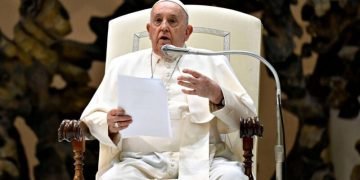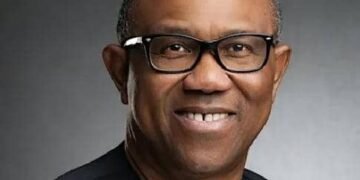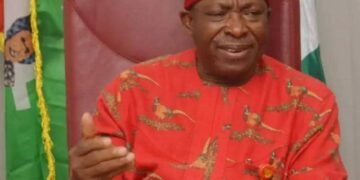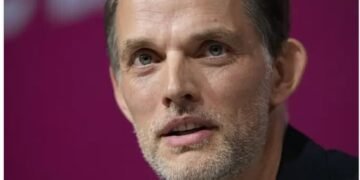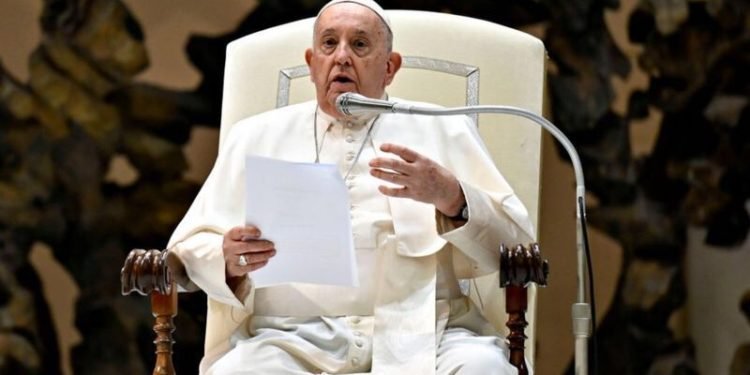By Charles Igwe
Expressing regret for his absence at the 2023 United Nations Climate Change Conference in Dubai, Pope Francis conveyed a powerful message urging global leaders to make critical choices for the well-being of the planet. Delivered on his behalf by Cardinal Secretary of State Pietro Parolin, the Pope’s message emphasized the urgent need to address climate change as a moral imperative.
In the message, Pope Francis highlighted that the destruction of the environment is both an offense against God and a structural sin with profound consequences for humanity, particularly the most vulnerable. He posed a fundamental question: “Are we working for a culture of life or a culture of death?” and passionately appealed to the COP assembly to choose life and the future.
Attributing climate change to unsustainable human activities, the Pope stressed the need for humility and courage to recognize humanity’s limits. He criticized divisions among nations and emphasized the interconnectedness of a world that should not be divided by conflicting national interests.
Rejecting the blame on the poor and high birth rates, Pope Francis defended the idea that births are a resource and denounced certain ideologies imposing forms of colonization on families. He called for a reconsideration of the “ecological debt” owed by wealthier nations to economically burdened countries, advocating for a comprehensive and equitable approach to address climate change, economic debt, and social justice globally.
The Pope underscored the importance of togetherness and multilateralism as the way out of the environmental crisis. He lamented the decline of trust in international collaboration and urged the rebuilding of effective cooperation.
Addressing the interconnected nature of environmental and peace issues, Pope Francis called for a redirection of resources spent on wars toward a global fund to end hunger and promote sustainable development. He emphasized the need for political change signaled by climate change and urged leaders to prioritize the common good over narrow self-interest.
Pope Francis expressed the commitment of the Catholic Church to educational initiatives, participation, and the promotion of sound lifestyles. He urged COP28 to be a turning point, demonstrating clear political will for an accelerated ecological transition with efficient, monitored measures in energy efficiency, renewable sources, elimination of fossil fuels, and education in sustainable lifestyles.
In a passionate plea, Pope Francis begged leaders not to postpone action, reminding them that the purpose of power is to serve. He encouraged them to foster “good politics” and lead by example, highlighting the transformative potential of collective action.
Concluding with hope for a breakthrough in 2024, Pope Francis invoked the example of Saint Francis of Assisi and urged leaders to unite forces, leaving behind divisions for the sake of a new and radiant future.
